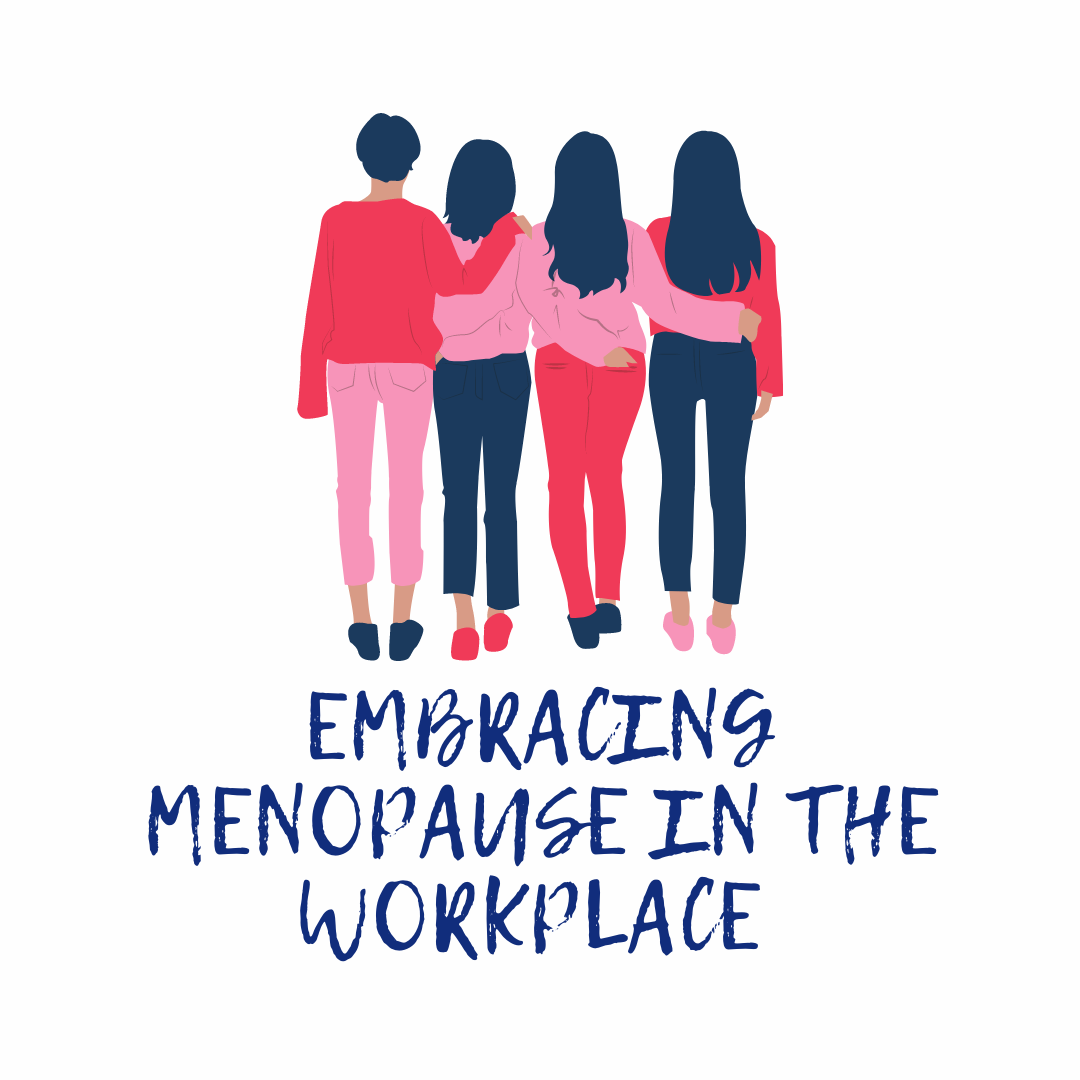|
March is Women's History Month, a time to celebrate the achievements and contributions of women throughout history. As we focus on fostering an inclusive workplace, it's crucial to address topics that impact the well-being of female employees. One such topic that often goes unspoken is menopause. In this blog, we'll explore the significance of discussing menopause openly in the workplace and how HR leaders can implement supportive measures and benefits. Menopause is a natural biological process marking the end of a woman's reproductive years. It usually occurs in their late 40s or early 50s, and its symptoms can vary widely. Common symptoms include hot flashes, mood swings, sleep disturbances, and more. Recognizing and understanding menopause is the first step toward creating a workplace that supports female employees during this transitional phase of life. Menopause and menopause symptoms can also be experienced by transgender and nonbinary people. Transgender individuals using estrogen for hormone replacement therapy (HRT) can also experience similar symptoms of menopause due to their own estrogen level fluctuations. To foster inclusivity, it's essential to create an environment where open conversations about menopause are encouraged. HR leaders can initiate discussions through workshops, webinars, or informational sessions. Providing educational materials on menopause can also help dispel myths and reduce stigma, paving the way for a more understanding workplace culture. How can your organization support your employees?
Menopause symptoms can be challenging for some women, affecting their daily routines and work performance. HR leaders can play a pivotal role in supporting employees by offering flexible work arrangements. This may include flexible working hours, remote work options, or the ability to take short breaks when needed. Flexibility ensures that women going through menopause can manage their work responsibilities while prioritizing their health. Implementing wellness programs that specifically address menopause-related concerns can contribute to a supportive workplace. These programs can include stress management workshops, nutritional guidance, and fitness classes tailored to the needs of women experiencing menopause. By addressing the holistic well-being of female employees, organizations demonstrate a commitment to their health and overall satisfaction. Reviewing and enhancing healthcare benefits is another way to demonstrate support for women going through menopause. Consider offering coverage for menopause-related treatments, therapies, and medications. Additionally, providing access to counseling services or Employee Assistance Programs (EAPs) can offer emotional support during this life transition. In addition, HR leaders can collaborate with leadership to develop menopause-friendly policies that explicitly address the needs of female employees. This may involve updating existing policies to include considerations for menopause-related challenges, such as accommodations for temperature control in the workplace or extended sick leave when necessary. As we celebrate Women's History Month, let's ensure that our workplaces are inclusive and supportive of all women, including those going through menopause. HR leaders have a crucial role to play in fostering open conversations, implementing supportive measures, and enhancing benefits to create a workplace where every woman feels valued and understood. Embracing menopause as a natural part of life contributes to a healthier, more inclusive, and empowered workforce. InvigorateHR can help your organization create and implement wellness programs to support your female, transgender, and nonbinary employees. Contact us today to learn more! Comments are closed.
|
Archives
December 2024
|


 RSS Feed
RSS Feed